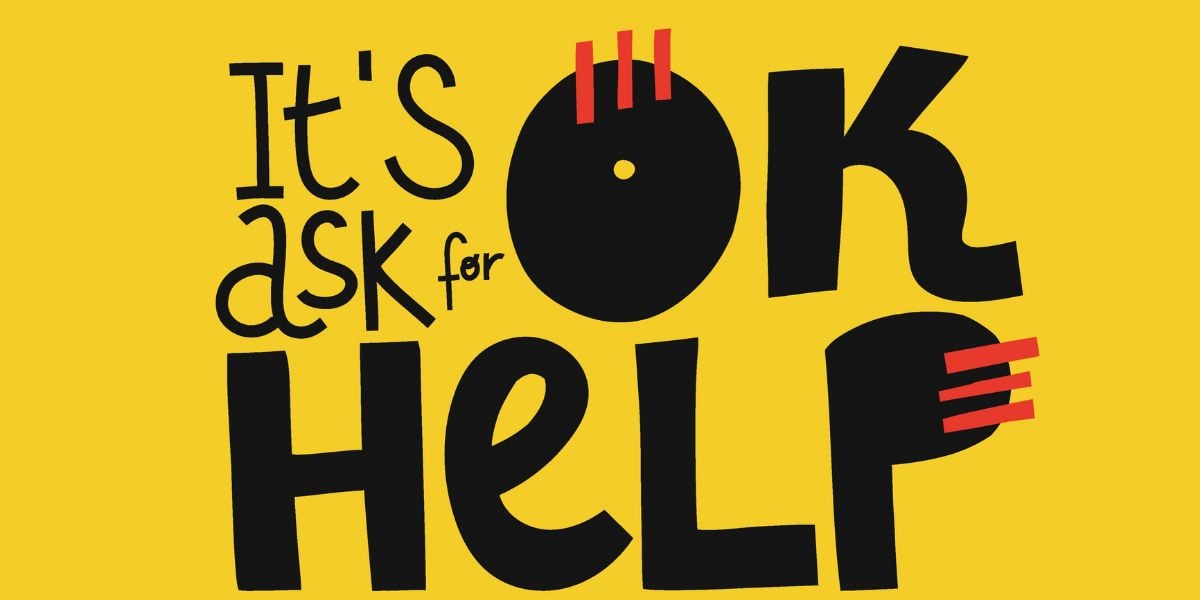Knowing and understanding the symptoms of high and low blood sugar should be essential for both diabetics and their friends and families.
Symptoms of high blood sugar
Hyperglycemia, or high blood sugar, is common amongst diabetics.
It occurs when a diabetic person eats too much food, and has too little insulin to regulate their blood sugar. Sometimes stress can cause diabetes.
Being aware of the following symptoms and staying alert for their presence, whether you are a diabetic or a family member or friend, should be essential:
- Need for frequent urination
- Drowsiness
- Nausea
- Extreme hunger and/or thirst
- Blurring of the vision
Symptoms of low blood sugar
Hypoglycemia, or low blood sugar, occurs when a diabetic has not eaten enough food, or has too much insulin within his or her body.
An excessive amount of exercise can also cause low blood sugar levels.
Be aware of low blood sugar symptoms
Being aware of the following symptoms and staying alert for their presence, whether you are a diabetic or a family member or friend, should be essential:
- Shaking
- Fast heartbeat
- Sweating
- Anxiety
- Dizziness
- Extreme hunger
- Weakness and tiredness
- Irritability
Why do these symptoms matter for diabetics?
These symptoms are essential for diabetics to understand, because they may encounter high or low blood sugar levels from time to time.
A cold or virus can cause sudden high blood sugar levels, and understand the symptoms means knowing how to deal with hyperglycemia or hypoglycemia.
People with diabetes who can recognise the symptoms can avoid levels that lead to medical emergencies such as diabetic ketoacidosis
Knowing your high and low blood sugar symptoms allows you to test
Once you understand symptoms of high and low blood sugar, it is possible to test quickly and avoid serious problems.
Keeping to a clear target range is one of the key goals of diabetes management, and knowing when you have the symptoms of high or low blood sugar levels allows you to test your blood sugar and make a correction.






